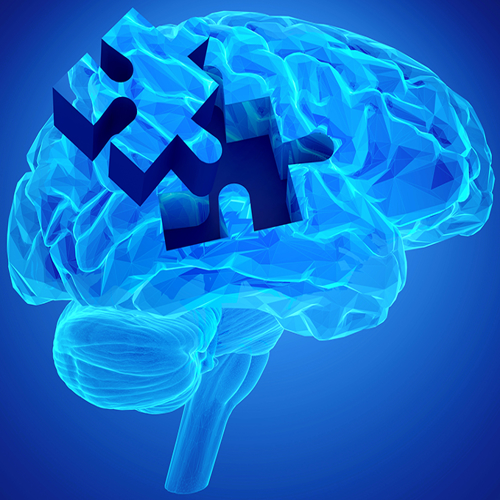Jonas Neher Experience:
since 2017 Group leader (tenured) for Experimental Neuroimmunology, DZNE Tuebingen
2015 - 2017 Group leader for Experimental Neuroimmunology, Hertie Institute Tuebingen
2013 - 2015 Postdoctoral Researcher, Hertie Institute and DZNE Tuebingen
2011 - 2013 Roman Herzog Postdoctoral Fellow, Hertie Institute Tuebingen
2009 - 2011 Postdoctoral Researcher, University of Cambridge, UK
Honors and Awards
2011 Roman Herzog Postdoctoral Fellowship, Hertie Foundation
2005 Gates Cambridge Scholarship, Bill and Melissa Gates Foundation
2003 Dr. Anton-Keller Prize, University of Darmstadt
Areas of investigation/research focus
We recently demonstrated that microglia are capable of retaining a long-lasting epigenetic memory of peripheral inflammatory insults, which are known risk factors for late-onset AD. Importantly, this epigenetic memory altered how microglia responded to much later developing AD pathology and, in turn, affected how AD hallmarks developed in mouse models. These findings indicated that microglia are capable of “innate immune memory” (Wendeln et al., Nature, 2018). We are actively working on understanding the mechanisms of microglial epigenetic reprogramming in response to peripheral inflammation by analysing mouse and human tissue on a single cell basis, and by studying its effects on different forms of neurodegenerative diseases.
Thus, our main objective is to understand the pathogenic mechanism of Alzheimer’s disease and to develop new therapeutic interventions to treat this devastating disease.




